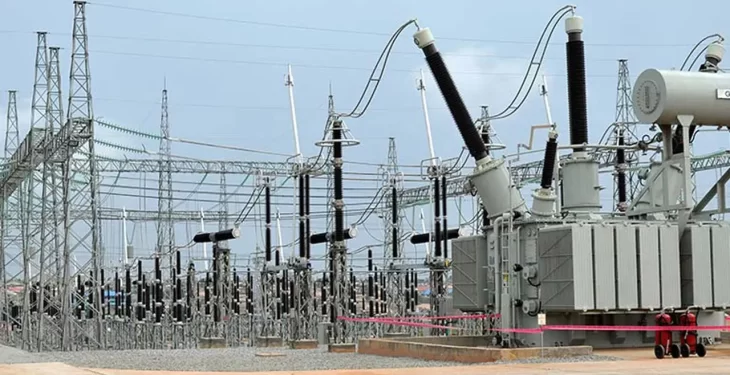Contents
The recent removal of subsidies in Nigeria’s power sector and the introduction of consumer band categorizations mark significant shifts in the country’s energy landscape. Adetayo Adegbemle, Executive Director of PowerUp Nigeria, sheds light on various issues plaguing the sector and suggests potential solutions in an exclusive interview with Energy Editor Udeme Akpan.
Current State of Power Generation, Transmission, and Distribution
Despite efforts to enhance power generation, transmission, and distribution in Nigeria, the sector faces many obstacles. One of the major issues is the financial strain experienced across the entire value chain. Generation capacity is hindered by outstanding debts owed to gas suppliers and limitations in gas availability. As a result, the country’s power generation hovers around 3,500MW to 3,900MW, far below the desired levels. Additionally, investments made in the transmission infrastructure have yet to yield significant improvements in power transmission reliability and efficiency. Distribution companies also need more funds for metering customers, upgrading distribution networks, and reducing technical and commercial losses. These financial constraints exacerbate the overall inefficiency of the sector, hindering its ability to meet the growing energy demands of the populace.
Challenges Hindering Investment Post-Privatization
Privatizing Nigeria’s power sector was intended to attract private investment and foster efficiency. However, persistent financial constraints have stifled the anticipated benefits, primarily attributed to inadequate electricity pricing. To illustrate, Adegbemle draws a parallel between the power sector and a struggling bakery unable to cover production costs due to low selling prices. The recent escalation of challenges, particularly the staggering N4 trillion debt owed by Generating Companies (GenCos) to gas suppliers, underscores the urgent need for viable pricing structures that incentivize investment. Without appropriate pricing mechanisms that ensure cost recovery, investors are reluctant to inject additional capital into the sector, perpetuating its stagnation.
Band Classifications, Subsidy Removal, and New Tariffs
Introducing band classifications and removing subsidies mark significant shifts in Nigeria’s power tariff regime. Band classifications categorize consumers based on infrastructure quality and energy consumption, with Band A representing areas with advanced infrastructure and higher energy consumption. The subsidy removal targets Band A consumers, aiming to rationalize tariffs and align costs with service quality. Meanwhile, other bands remain unaffected by the subsidy removal, ensuring that tariff reforms are implemented equitably.
Challenges and Measures to Protect Consumer Rights
Vandalism, illegal connections, and energy theft pose formidable challenges to the stability and reliability of Nigeria’s power sector. These illicit activities compromise the integrity of power infrastructure and undermine the sector’s financial viability. Adegbemle emphasizes the importance of robust legislation and community vigilance in combating these issues effectively. Regulatory measures, such as feeder downgrade for non-compliance with service level agreements, aim to safeguard consumer rights and enhance service reliability.
Addressing Metering Gaps and Policy Direction
The sector grapples with a substantial metering gap, exacerbating consumer dissatisfaction with subsidy removal. Adegbemle proposes meter franchising as a viable solution, empowering investors to install meters on a feeder basis and recoup investments through recharge mechanisms. Additionally, the absence of a clear policy direction from the Ministry of Power hampers sectoral progress, necessitating urgent action to align policies with industry needs. Adequate metering infrastructure and coherent policy frameworks are essential for enhancing transparency, accountability, and consumer satisfaction in the power sector.
Recommendations for Government, Operators, and Consumers
Adegbemle calls for proactive government engagement to educate the public on policy reforms and energy conservation practices. Government-led campaigns, akin to those following privatization in 2013, can foster public understanding and acceptance of sectoral changes. Adegbemle also urges operators to fulfill service level agreements and consumers to embrace energy conservation practices to alleviate pressure on the grid.
In conclusion, Nigeria’s power sector faces multifaceted challenges that require concerted efforts from stakeholders at all levels. Adegbemle’s insights provide valuable perspectives on potential solutions and underscore the imperative of proactive governance and consumer participation in driving sectoral reforms.

